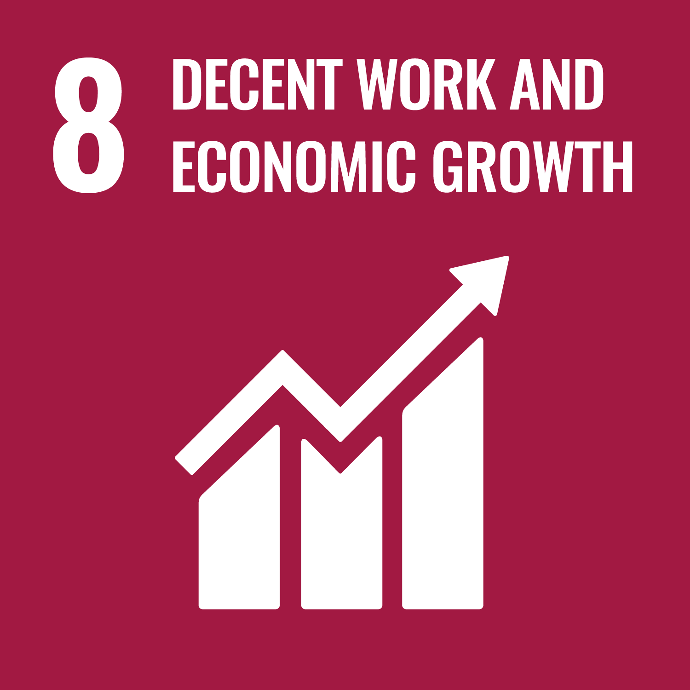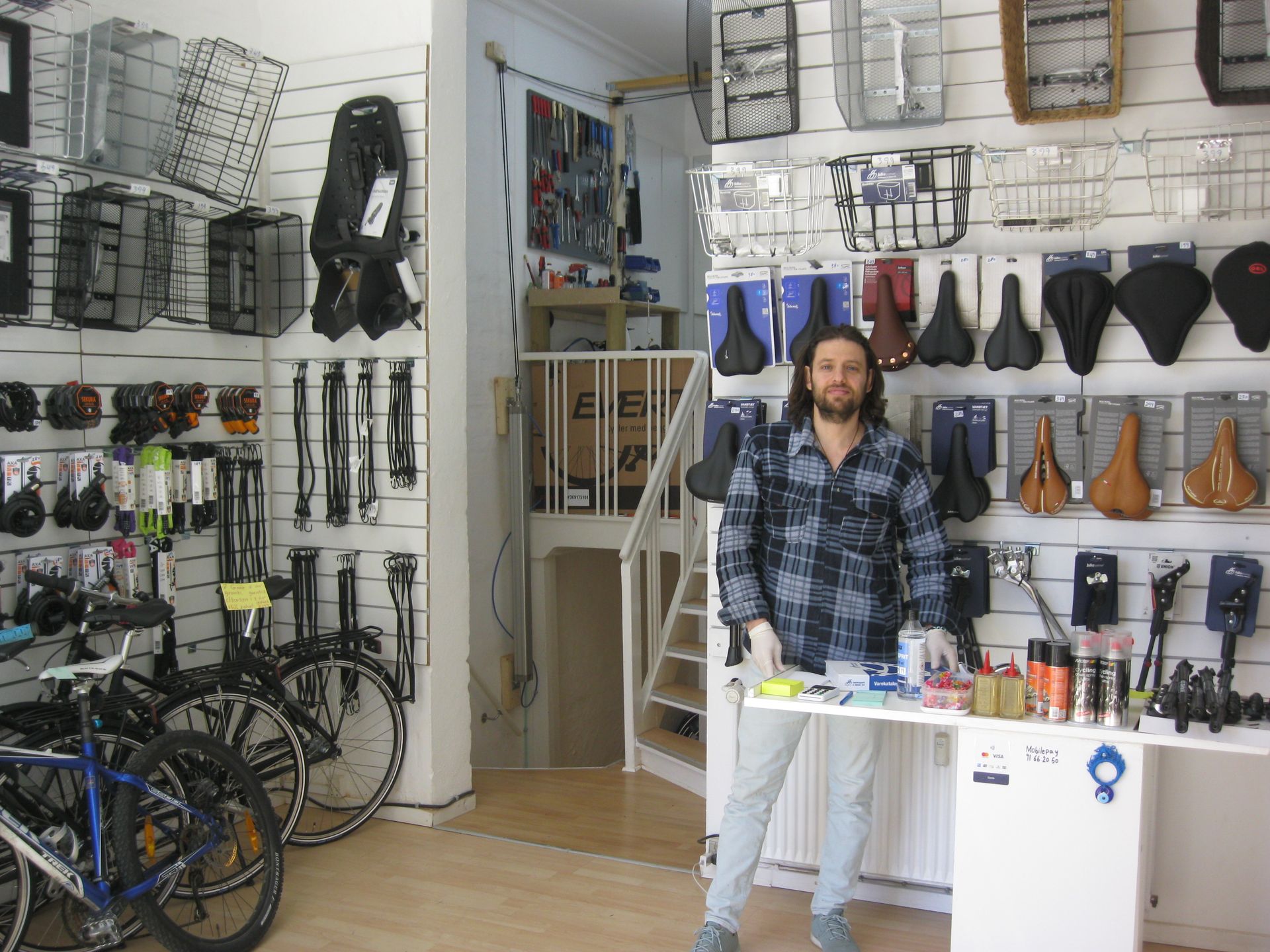We work hard to achieve something we are proud of: providing financial inclusion and the best conditions for success for small business owners in Denmark.
By giving the business owners access to banking, training and support, we help them create and advance their businesses, and ultimately, their livelihoods.
The gain is threefold: for the business owners, their families, and the society.




47%
Of our clients have used entrepreneurship to get off public support
56%
Of our clients have created an extra job on top of their own
145
Businesses recommended to banks
121
Approved for a bank account
83%
Success Rate
Numbers updated in March 2025
How can we
quantify the impact of our efforts?
One way to estimate the impact of our efforts is to look at the minimum benefit to society when people from the edge of the labour market enter employment.
The societal gains arise from two primary factors:
- Savings in public expenditures
- Income generated through taxes
When individuals transition from relying on social support to becoming business owners, as is the case for one third of Finklusiv's customers, the gains are especially amplified.
To quantify our impact, we use the Social Calculator from Cabi.
Beyond the direct economic benefits, there are also additional positive effects to consider. Such derived effects can for instance come from saved health costs, lower crime, lower costs for housing support, etc.
There are a number of non-quantifiable effects to take into account as well. Self-employment and financial stability can significantly contribute to an individual's sense of dignity, self-esteem, and overall well-being.
These intangible factors are essential for personal growth, empowerment, and inclusion within the social community.
6 reasons why business owners are rejected by the banks
- and what Finklusiv does to solve it
BARRIERS
SOLUTIONS
Regulation
Heavy financial regulation imposes severe requirements on the banks which directly affects their approval criteria and raises rejection rates, particularly for industries known to be of high risk.
Information and Support
Training on best practices and easy access to information about relevant regulation enables business owners to better understand and meet the approval criteria from the banks.
Documentation
The business owners struggle to meet the banks’ rigorous documentation requirements due to high complexity and inadequate financial planning.
Screening and Assistance
Assistance on business planning, budgeting, and file preparation in combination with screening, quality check and data verification, ensures that the businesses can meet the documentation requirements.
Performance
Businesses characterised by no or limited track record, low and unpredictable income, cash flow constraints, few assets and low equity are not considered attractive by the banks.
Business Coaching
Coaching, mentoring and sparring on financial management and business development can improve the attractiveness and financial performance of the businesses.
Digitisation
The increased digitisation of all banking services, including onboarding and communication, excludes business owners that have deficient digital user skills and lack of experience with IT.
Developing Digital Literacy
Hands-on technical support, access to IT equipment, and customised tutorials can develop the digital literacy of the business owners.
Communication
Cultural misunderstandings and language constraints combined with low financial literacy often result in poor communication between the business owners and the banks.
Financial Literacy Training
The financial literacy of the business owners can be enhanced through tailormade courses that also aim to build intercultural knowhow and address common cultural misunderstandings.
Lack of Trust
Lack of mutual trust inhibits a successful cooperation between the business owners and the banks.
Committed Relationships
Building trust through committed relationships can bridge the gap between the business owners and the banks to ensure a successful cooperation.















